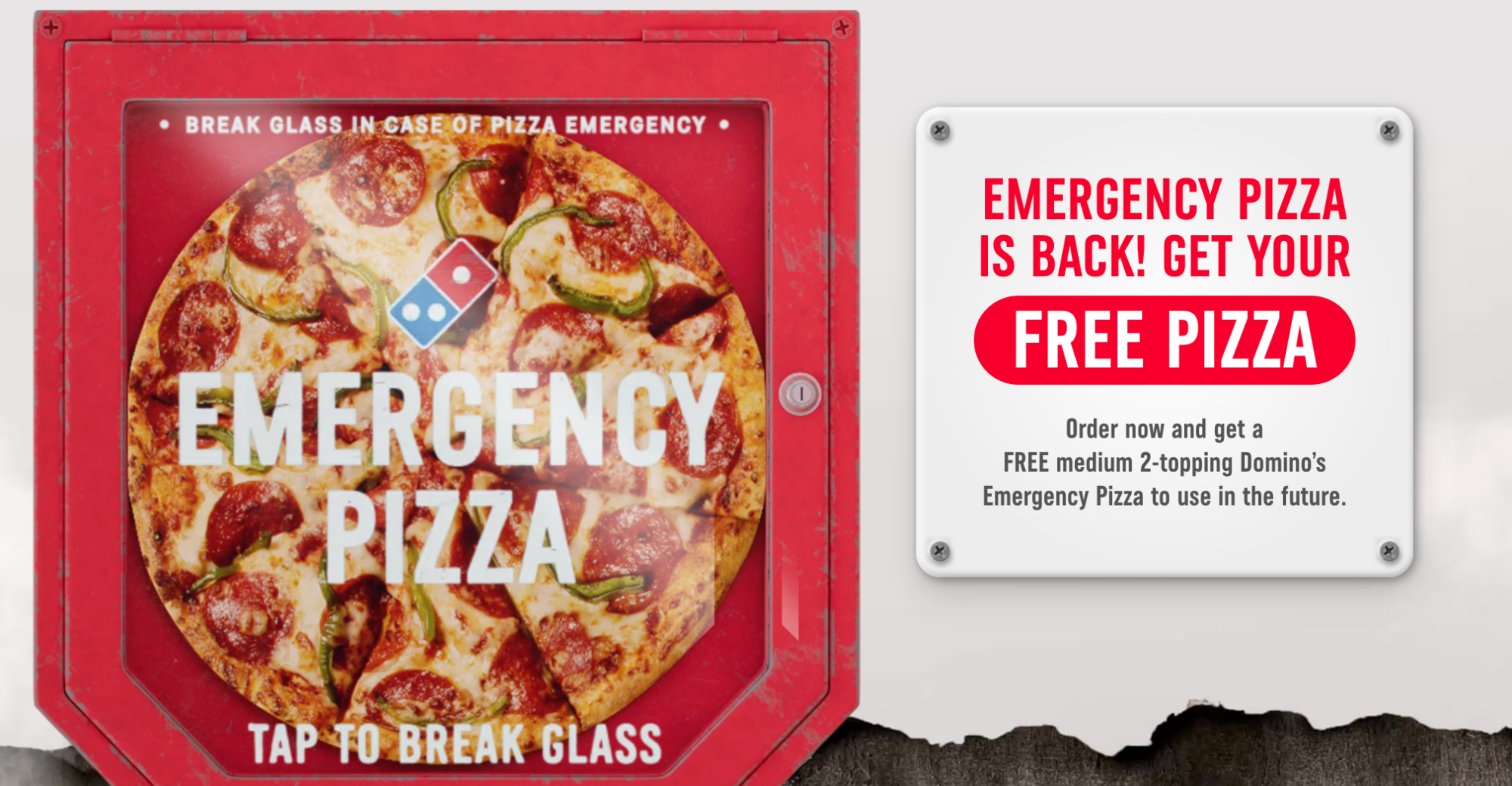
CRWD
Can you really get paid to write reviews?
As the presidential election creeps closer, consumers are growing tired of seeing the same old political ads.
But in an age of growing division, Americans may have one final hope for unity: our apparent shared love of Red Lobster’s Cheddar Bay Biscuits.
In an ongoing sweepstakes campaign promoted on its website and TikTok, Facebook, Instagram and X accounts, the restaurant chain urges consumers to “vote” for its popular complementary biscuits for a chance to win four years of free Red Lobster. Consumers vote by going to a Red Lobster and scanning a QR code on the table.
And as you might expect from any political candidate, Red Lobster also sells lawn signs, buttons, hats and shirts for anyone looking to show their support, although everything is currently sold out.
But while many consumers may share a love of these cheesy biscuits, there is one thing they may not agree with this candidate on: the chain’s definition of “four years of free Red Lobster.”
To the typical consumer, this might bring up fantasies of a four-year term filled with free shrimp and lobster every night, or at least every weekend, but a closer look at the fine print reveals something fishy:
According to this campaign’s fine print, four years of “free” Red Lobster actually means one $100 Red Lobster gift card every month of the four-year term (for a total of 48 $100 gift cards).
Considering some of the classics at Red Lobster cost more than $45, this deal may only award the winner two to three free meals per month.
This leaves us at TINA.org wondering, Is a candidate who hides important information in the fine print really a candidate we can trust?
Red Lobster did not respond to TINA’s request for comment.
All jokes aside, many sweepstakes end up being far less promising than they initially sound. For example, TINA.org has documented similar promotions that involuntarily enrolled consumers in subscriptions, didn’t clearly disclose the odds of winning and even had a different prize than the one advertised.
The bottom line
Unfortunately, this is yet another example of a campaign making exaggerated claims. Consumers should always make sure to check the fine print, particularly for any offer that seems too good to be true.
Find more of our coverage on sweepstakes here.
Our Ad Alerts are not just about false and deceptive marketing issues, but may also be about ads that, although not necessarily deceptive, should be viewed with caution. Ad Alerts can also be about single issues and may not include a comprehensive list of all marketing issues relating to the brand discussed.
Can you really get paid to write reviews?
Getting hangry over a hidden delivery fee.
Getting a slice of this complimentary pie may be harder than you think.

